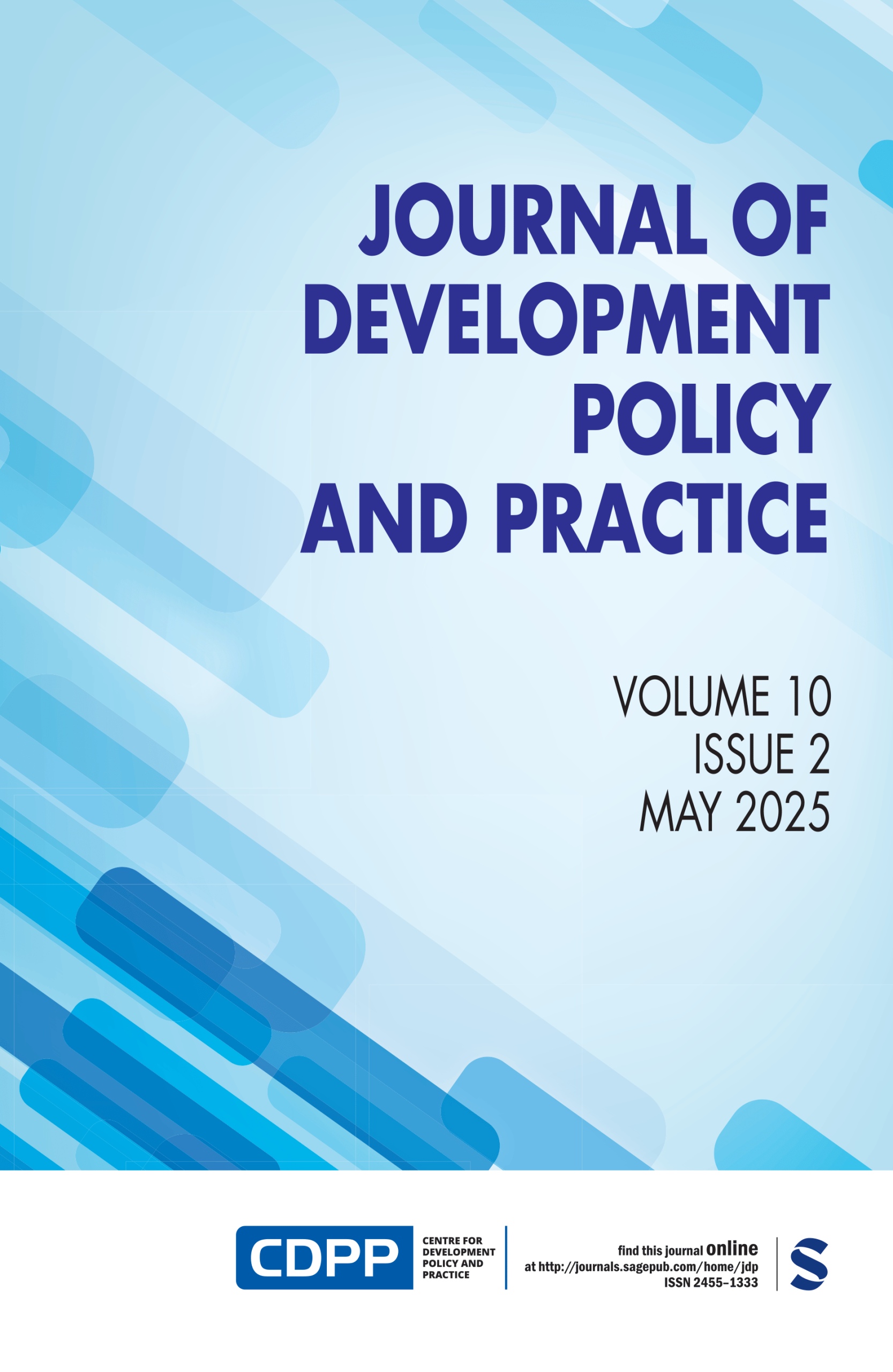KTI szeminárium: T4.23-as előadóban: 2023.05.11., 13.00
Szerző: Csanádi Mária
Cím: „Path to Political Capture and Institutionalized Corruption in Hungary 2010-2021. Are EU reform requirements „path-breaking”?
Abstract:
Can corruption be controlled and institutions of democracy restored in Hungary through EU sanctions? To answer this question I will summarize the first part of our book* which describes the dynamics of a system that evolves from the metamorphosis of a political entity (the Fidesz party) into a centralized authoritarian construct. It shows how political capture advances, stretching out from the political subfield, subordinating national, intermediate, and grass-roots autonomous institutions. It follows the expansion of political capture, gradually infiltrating and diffusing into all social-political-economic subsystems, forming a power network. The channels of the network simultaneously serve as infrastructure for resource extraction and distribution, as avenues of institutionalized corruption, as objectives for social integration, and accordingly, as determinants of social stratification and conditions of systemic self-reproduction. Therefore, constraining the type of sources provided (EU or domestic), increasing the legal power of the judiciary, tightening the rules of distribution, creating new institutions to fight corruption, or picking individual cases of corruption only restructure power distribution within the centralized authoritarian context, and incite compensating mechanisms in the network of diffused political capture. The book exemplifies the vulnerability of democratic institutions to authoritarian populist regimes to political capture and institutionalized corruption.
Az előadásokra hibrid formában kerül sor zoom felületen, illetve személyesen a T4.23-as előadóban 2023.05.11-én, 13.00.kor hibrid formában.









